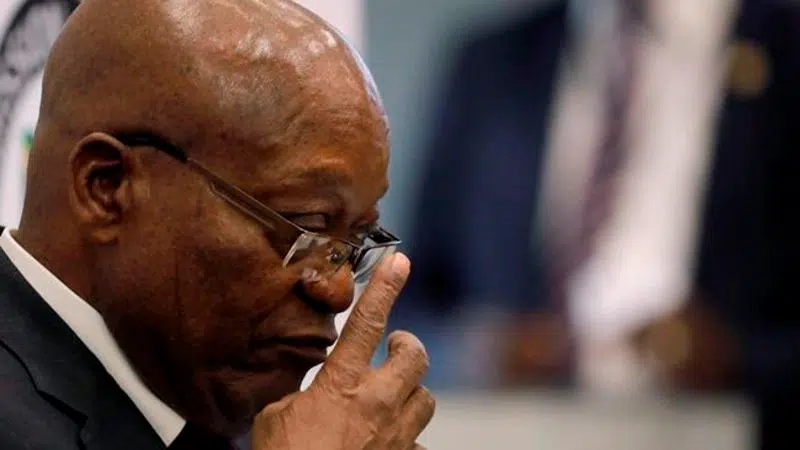
EDC expresses regret for US$41M loan to back Bombardier sale to Zuma allies
OTTAWA — Canada’s export credit agency says it regrets its 2015 decision to lend US$41 million to a South African company owned by members of a family facing corruption allegations related to their ties to former president Jacob Zuma.
In the months and years that followed, the agency became increasingly concerned about the loan it provided to Westdawn Investments to backstop the sale of a Bombardier luxury jet, Export Development Canada executive vice-president Carl Burlock said Wednesday.
Over that time, he said, allegations related to corruption and political interference were mounting against members of the Gupta family, which owns the company.
“We do regret this transaction, which resulted in us having a business relationship with the Gupta family,” Burlock said in an interview following the agency’s release of a public statement admitting its error.
